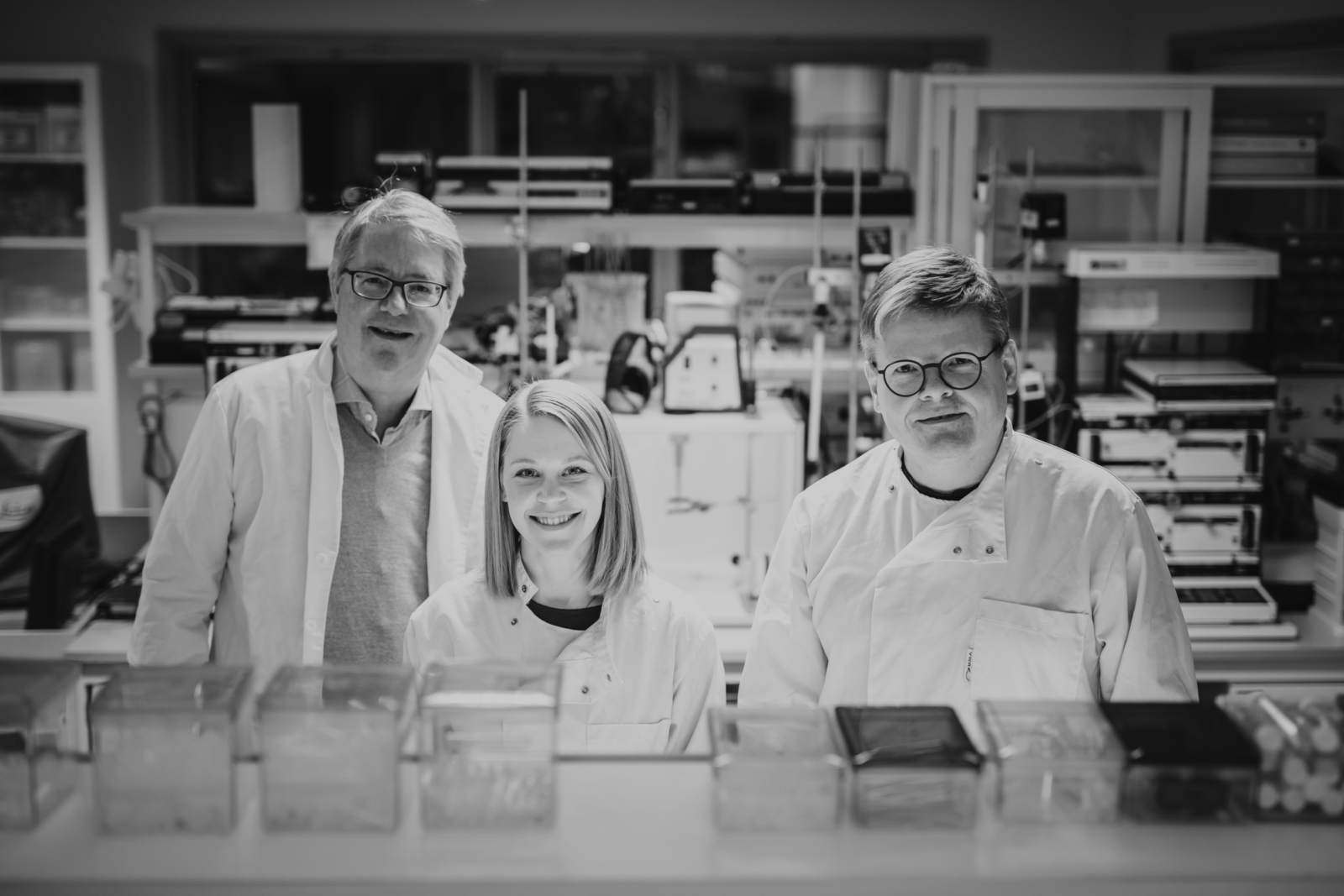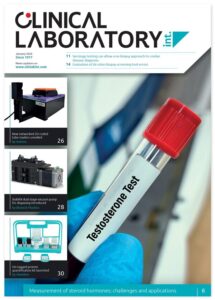Secretoneurin: the next biomarker for cardiovascular disease
Secretoneurin is a small neuropeptide detectable in the blood and is strong predictor for mortality in several patient cohorts with underlying cardiovascular disease. Here, CardiNor introduce themselves and their work to develop a secretoneurin test to use as part of a biomarker panel for cardiovascular disease.
CardiNor AS is a Norwegian biotech company established in June 2015 to handle the commercialization of secretoneurin, an important new biomarker for cardiovascular disease (CVD). CardiNor has an R&D laboratory in the north of Norway, in Bodø, and headquarters in Oslo. The CardiNor team is focused on developing scalable cardiac biomarker tests to quantify the levels of secretoneurin in human blood, addressing the large market potential in CVD patient diagnosis, risk stratification and monitoring. The company is building this on the basis of its unique Intellectual Property Rights position in the field.
CardiNor achieved CE marking according to the In Vitro Diagnostic Directive for the CardiNor Secretoneurin ELISA test in December 2021. This development received funding from the EU Eurostar’s programme as well as from the Norwegian Research Council. CardiNor has a strong focus on commercial activities by building a network of local and global distributors for the Secretoneurin ELISA assay covering the major markets in Europe and the USA.
The next phase in our commercialization strategy will be to seek collaborations with diagnostics companies. Collaboration and/or out-licensing to adopt the secretoneurin test on high throughput diagnostic platforms will secure a global market and access to high volume facilities. In parallel, CardiNor will pursue opportunities to adopt its secretoneurin test to point of care (PoC) platforms to facilitate market uptake and gain access to the near patient testing segment. CardiNor will sell key reagents and collect royalties from such agreements. CardiNor has teamed up with several leading technology partners such as Bioventix (UK), a world-leading antibody supplier, and Uniogen (Finland), specialized in development and production of ELISA kits, to secure access to world leading expertise and know-how vital for a successful assay development. We also have access to world-leading expertise on CVD biomarkers through the research group of professors Torbjørn Omland and Helge Røsjø at Akershus University Hospital, who are among the inventors behind the discovery linking secretoneurin to CVD and also act as key scientific advisors to CardiNor.
CardiNor has signed a distributor agreement with the BioVendor Group covering several European markets and more recently also with IBL America covering USA. Following the CE marking, the company is now actively working to expand its network of distributors to cover Europe and other key markets. Combined, this provides CardiNor with a complete value-chain from basic R&D through to production of final product. Secretoneurin is a 33-amino acid neuropeptide produced by the endo-proteolytic cleavage of chromogranin II proteins. Secretoneurin is produced by neuroendocrine and heart-muscle cells and is detectable in the blood stream.
Secretoneurin presents as an independent and strong predictor of mortality in several patient cohorts, including ventricular arrhythmia, acute heart failure, acute respiratory failure patients with CVD and severe sepsis. Importantly, secretoneurin seems to provide prognostic information independently of currently used cardiac biomarkers such as cardiac troponins and BNP. One could therefore envision secretoneurin as part of a biomarker panel together with cardiac troponin and BNP. Cardiomyocyte Ca2+ imbalance is at the core of most triggered arrhythmias in CVD, but current biomarkers (troponins and BNP) do not reflect Ca2+ regulation. As the only biomarker associated with Ca2+ status, secretoneurin is ideally suited for this purpose. Moreover, high secretoneurin concentrations are also a strong indication of the need to follow up with ECGs, echocardiography, and other examinations (angiography, cardiac MRI, PET-CT, etc.) to determine whether there are signs of structural or functional heart disease.
CardiNor has a comprehensive clinical programme to further strengthen and widening the clinical documentation of its novel biomarker, and the CardiNor Secretoneurin ELISA test is being trialled in patient selection for cardiac rhythm management using implantable cardiac defibrillator (ICD) devices.





